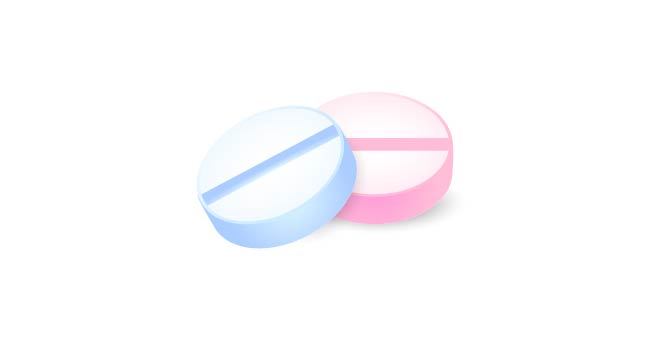In part 4 of our 5-part series where we explore what influences and drives up healthcare costs, we’ll dive into the pharmaceutical industry. If you haven’t yet, take a look at the previous two posts in the series: “Why is Healthcare So Expensive?,” “How Administrative Costs Increase the Cost of Healthcare,” and “How Defensive Medicine Increases the Costs of Healthcare.”
The United States, like other developed, modern countries benefits from the miracles of modern medicine. However, prescription medications in the United States are among the highest in the world. Even President Donald Trump claims that pharmaceutical companies are “getting away with murder.” For example, Nexium is a prescription medication used for treating acid reflux or GERD. In the U.S., a Nexium prescription for one month will cost an insurer, on average, $215. Compare that to the Netherlands where the exact same prescription costs just $23. The difference in price seems impossible, but the disparity reflects the reality of the cost of healthcare and pharmaceuticals.
The Unfair Playing Field
There are three factors that give pharmaceutical companies major market advantages in the U.S. which allows them to raise prices.
1. Patent Laws
Patent laws allow a certain amount of time for the inventor or creator of a particular medication to have no competition. Pharmaceutical companies will make minor changes in the medications they create to extend their time with no competition. No competition allows for them to set any price they want for that medication. Once patent laws expire, other drug manufacturers can create the same medication for much less, driving down costs for patients.
2. Limits on Medicare
Medicare is government provided health insurance. Laws prevent Medicare from negotiating with pharmaceutical companies, leaving Medicare to pay the prices companies set. Other countries allow for negotiations between pharmaceutical companies and the government which helps reduce prices. The Veteran’s Health Administration is allowed to negotiate prices and subsequently pays 80% less on brand name prescriptions than Medicare part D.
3. No Negotiations
Lastly, pharmaceutical companies generally don’t negotiate directly with insurance companies but work with benefit managers who negotiate rebates and prices for the insurance companies. This complicates things further.
How Do Pharmaceutical Companies Spend Their Money?
Pharmaceutical companies make many claims for why they charge so much. Some don’t agree with their claims, though, and think the data provided is only partially true. Pharmaceutical companies note that drug costs only account for 10% of healthcare spending, in comparison to the 32% contributed to hospital care. They also note that the U.S. has the quickest access to the newest medications on the market—often before other countries.
The biggest argument pharmaceutical companies make is in regard to drug development. Developing one drug can take a decade or longer and cost billions of dollars. The cost to research, develop, and market a drug can be costly.
However, some experts claim that pharmaceutical companies overstate these cost, noting that they are among the most profitable businesses in America. Other data suggests that 9 out of 10 pharmaceutical companies spend more on marketing than research.
More to Be Concerned About?
While the purpose of this blog isn’t to paint all pharmaceutical companies as greedy devils, there are some important questions that should be asked about the pharmaceutical industry. Do pharmaceutical companies have patients’ best interests in mind, or are they only focused on making as much money as possible? Patients in the U.S. and everywhere should consider the questions raised in this blog about pharmaceutical companies. Quality care that is cost-effective is the responsibility of every person involved in the healthcare industry, and it is also partially the responsibility of patients. Patients can contribute to the state of their care and its cost by being engaged and cognizant of the facts and happenings in the healthcare industry. If more patients are aware of what they’re paying for, the pharmaceutical industry and every facet of healthcare can be held to a higher level of responsibility and accountability.

